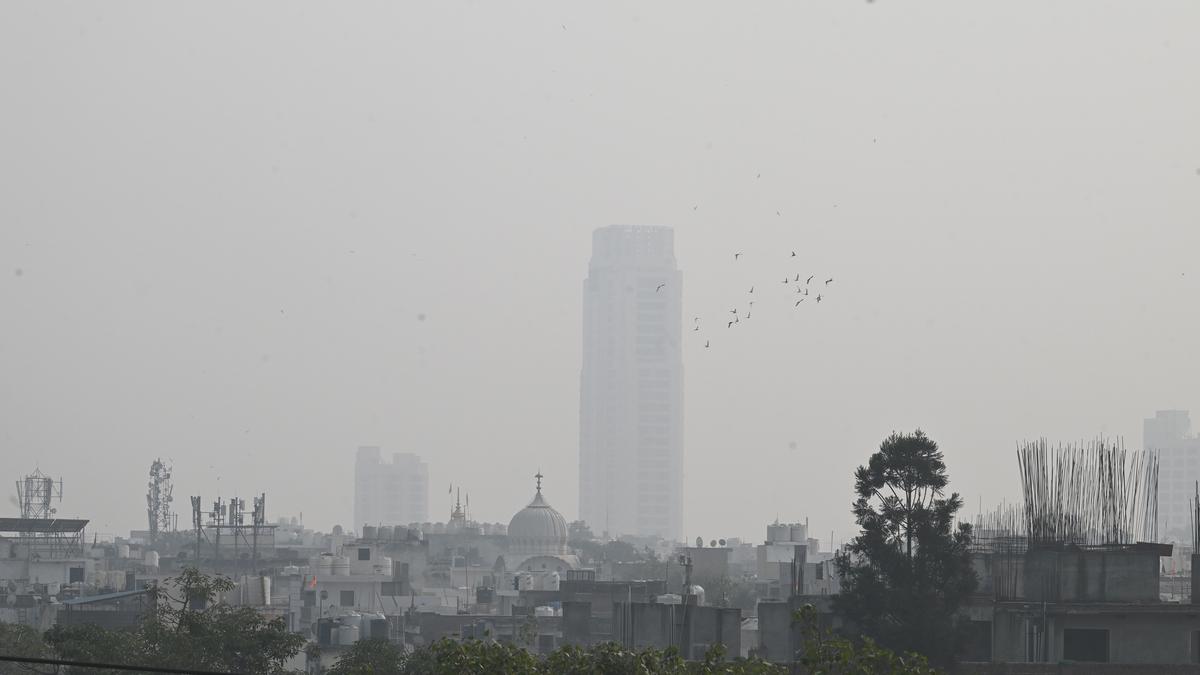 |
|
The Supreme Court of India continues its stringent approach to combatting air pollution in Delhi and the National Capital Region (NCR). On November 22nd, the court issued a ruling that maintained the existing Graded Response Action Plan (GRAP) level IV restrictions, the most severe tier of measures designed to curb pollution. This decision ensures the continuation of several critical restrictions, most notably the ban on the entry of trucks into Delhi and the complete halt of construction and demolition activities within the affected area. The court's commitment to these measures underscores the gravity of the air pollution crisis and the urgent need for decisive action. The ruling also highlights the judiciary's role in enforcing environmental regulations and holding responsible parties accountable for maintaining air quality standards.
The court's decision to maintain GRAP IV restrictions until at least Monday, November 25th, reflects an ongoing assessment of the situation and a cautious approach to easing measures prematurely. While acknowledging the economic implications of such stringent regulations, the Supreme Court clearly prioritizes public health and environmental protection. The court's insistence on maintaining these restrictions, even temporarily, indicates its concern about the potential for a rapid resurgence in pollution levels should measures be relaxed too quickly. This demonstrates a comprehensive understanding of the complex interplay between economic activities and environmental concerns and a careful balancing act between these competing interests.
Central to the Supreme Court's oversight is the appointment of thirteen advocates as court commissioners. Their crucial role is to inspect and meticulously document the implementation of the truck entry ban at various entry points across Delhi. This move directly addresses the Supreme Court's expressed dissatisfaction with the enforcement of the ban. By deploying these commissioners, the court aims to acquire firsthand evidence of the effectiveness of the existing measures and to identify any potential loopholes or shortcomings. Their reports will provide the court with invaluable, on-the-ground information to inform its future decisions and ensure that the intended restrictions are properly enforced. This proactive approach underscores the judiciary’s commitment to transparency, accountability, and effective environmental regulation.
The Graded Response Action Plan (GRAP) itself is a multi-stage framework designed to address escalating air pollution levels. Each stage mandates progressively stringent measures, with GRAP IV representing the most drastic actions. The implementation of GRAP IV underscores the severity of the current pollution crisis in Delhi. The Commission for Air Quality Management in NCR and Adjoining areas (CAQM) is responsible for announcing the GRAP stage based on real-time monitoring of pollution levels. The CAQM's recommendation to maintain GRAP IV reflects its expert assessment of the situation and its understanding of the immediate need for sustained, stringent pollution control measures. The Supreme Court's affirmation of the CAQM's recommendation reinforces the collaborative nature of the effort to combat air pollution, with various agencies working in tandem to protect public health.
The Supreme Court's actions highlight a broader struggle to balance economic development with environmental sustainability. The truck ban, while essential for mitigating pollution, inevitably impacts the logistical operations and economic activities of businesses that rely on road transportation. However, the court's unwavering stance demonstrates a clear prioritization of public health, emphasizing that the long-term costs of inaction far outweigh any immediate economic disruptions. This balance is central to long-term sustainable development policies and requires careful consideration of various stakeholders and competing priorities. The ongoing judicial oversight underscores the importance of environmental protection and the need for robust enforcement mechanisms to ensure compliance with regulations.
Looking forward, the Supreme Court's ongoing review of the GRAP IV measures and its commitment to ensuring effective enforcement demonstrate a strong commitment to tackling air pollution in Delhi. The appointment of court commissioners further emphasizes the judiciary’s determination to monitor the situation closely and ensure that the existing measures are having the intended effect. The court's emphasis on evidence-based decision-making suggests a willingness to adapt its approach based on the information gathered from the court commissioners' reports. This responsive approach promises more effective and sustainable long-term solutions to the ongoing air pollution crisis in Delhi and the surrounding areas. The continued scrutiny and commitment to enforcement from the Supreme Court signals hope for improving air quality and protecting public health in this critically polluted region.
Source: SC orders monitoring Delhi’s entry points to check truck ban
